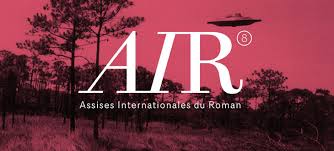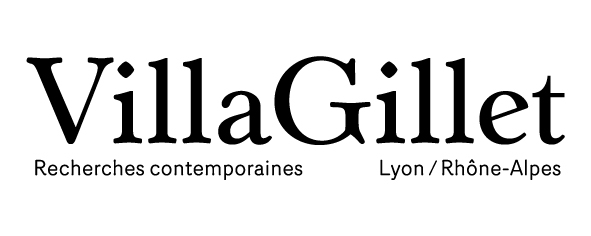La Pensee Sauvage (David Treuer)
https://video.ens-lyon.fr/eduscol-cdl/2014/ANG_2014_dtreuer_02.mp4
I am often surprised by what people think of us—we Indians, American Indians, Redskins, Native Americans. I am surprised by the depth of feeling, the strong opinions. And I am just as surprised by the distance between that thinking and the real contours and textures of our lives. I am surprised by how they think we should look, where we should live, how we should act, and what people think we should be like.
Some people think only the best of us. They maintain the romanticism that informed Rousseau’s famous phrase, the “noble savage.” That romanticism gives us all sorts of admirable attributes—bravery, stoicism, honor, respect, etc, etc—but it takes away our humanity. The noble savage is no longer a “real” Indian so long as we act badly. And since we’re human we often do.
Some people think only the worst of us. To them we are “timber niggers” and “redskins” and “prairie niggers.” We can’t be trusted. We shouldn’t be pitied. We are violent, disruptive, sneaky, dangerous, nothing less than the fallen, but somehow alive and among you and out in the world.
But what do I think? I like the word savage. It means more to me than Indian or American Indian. It suggests what I like most about us and, by extension, what I like most about writing. Writing, for me, is not the quiet, contemplative art of a cloistered monk, performed in silence and seclusion. Rather, writing—real writing, writing that matters—is a form of combat with the received ideas (dull, stale, damning) that largely shape the world. Writing is battle. Writing is a fight with the minds of others that both sides can win. In order to write in such a way you have to have a wildness to you, an imagination that is fierce, that is willing to do and receive damage; willing to unmake the world in order to make it anew. This is a job for which I am well suited. There is a deep violence alive in my tribe (there is much else, too, but I’m not talking about that right now). Without violence, without resistance of many kinds, we would not be here today. But the violence I admire is the fierce, bloody, battle cry of the imagination—the ability and willingness to imagine what could have been and what might still be and what never will; to get hit and laugh it off and stand up swinging: with jokes, poems, stories, characters, and our fists, if need be. Being a savage means not accepting limits on our imagination, not accepting limits on our lives, not accepting the limits of the status quo and the state. If the state had its way, we would be fertilizing someone else’s land with our bones or, at best, continue to live on the margins a reminder of what happens when you defy the state. We say no. I say no. We will continue to surprise, to contradict, to trouble, and—with our words and our actions—to change the reality we’ve inherited but can no longer accept. In that sense I try, I try my best, to be a savage.
Pour citer cette ressource :
David Treuer, La Pensee Sauvage (David Treuer), La Clé des Langues [en ligne], Lyon, ENS de LYON/DGESCO (ISSN 2107-7029), mai 2014. Consulté le 13/02/2026. URL: https://cle.ens-lyon.fr/anglais/litterature/entretiens-et-textes-inedits/la-pensee-sauvage-david-treuer-



 Activer le mode zen
Activer le mode zen

